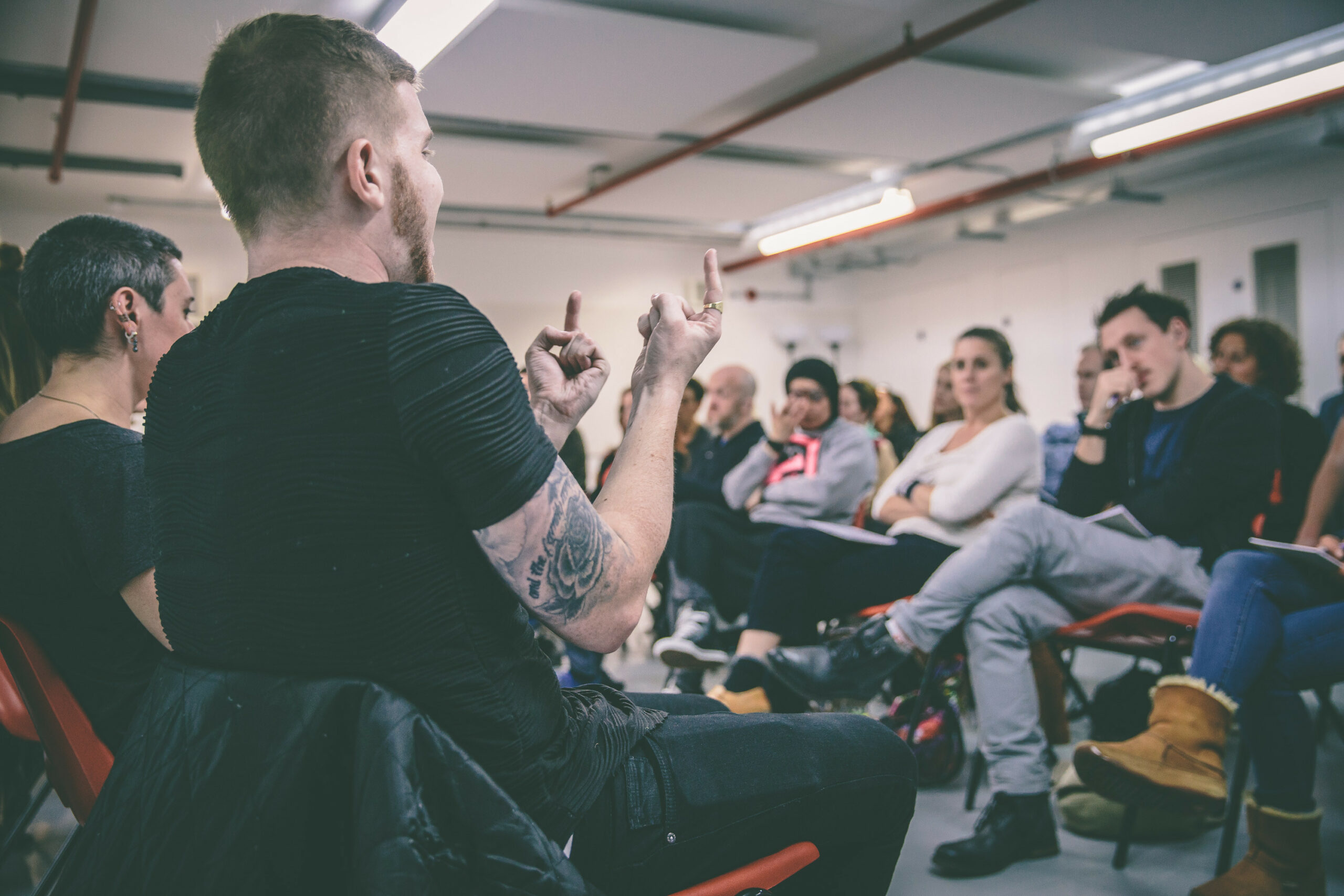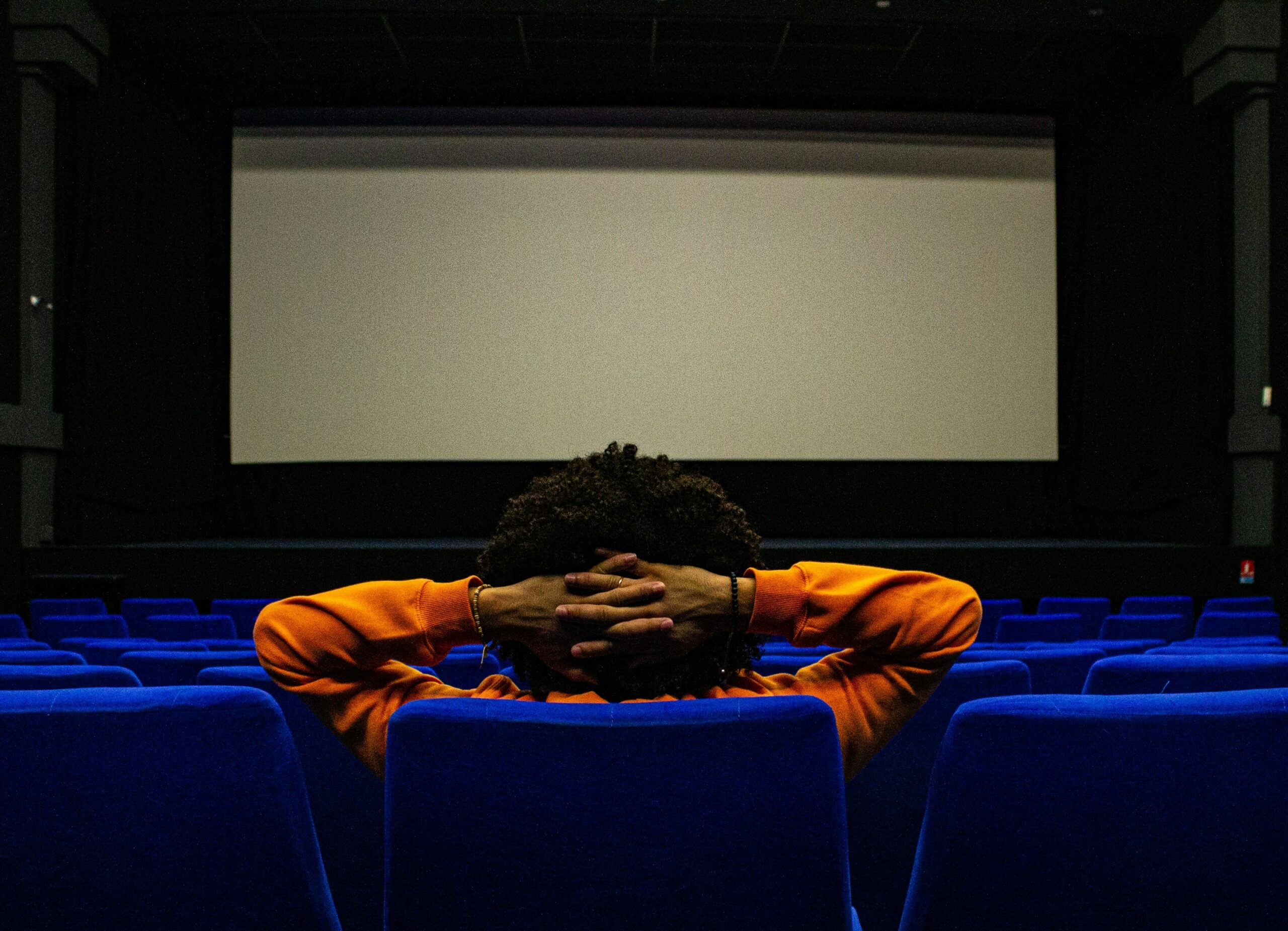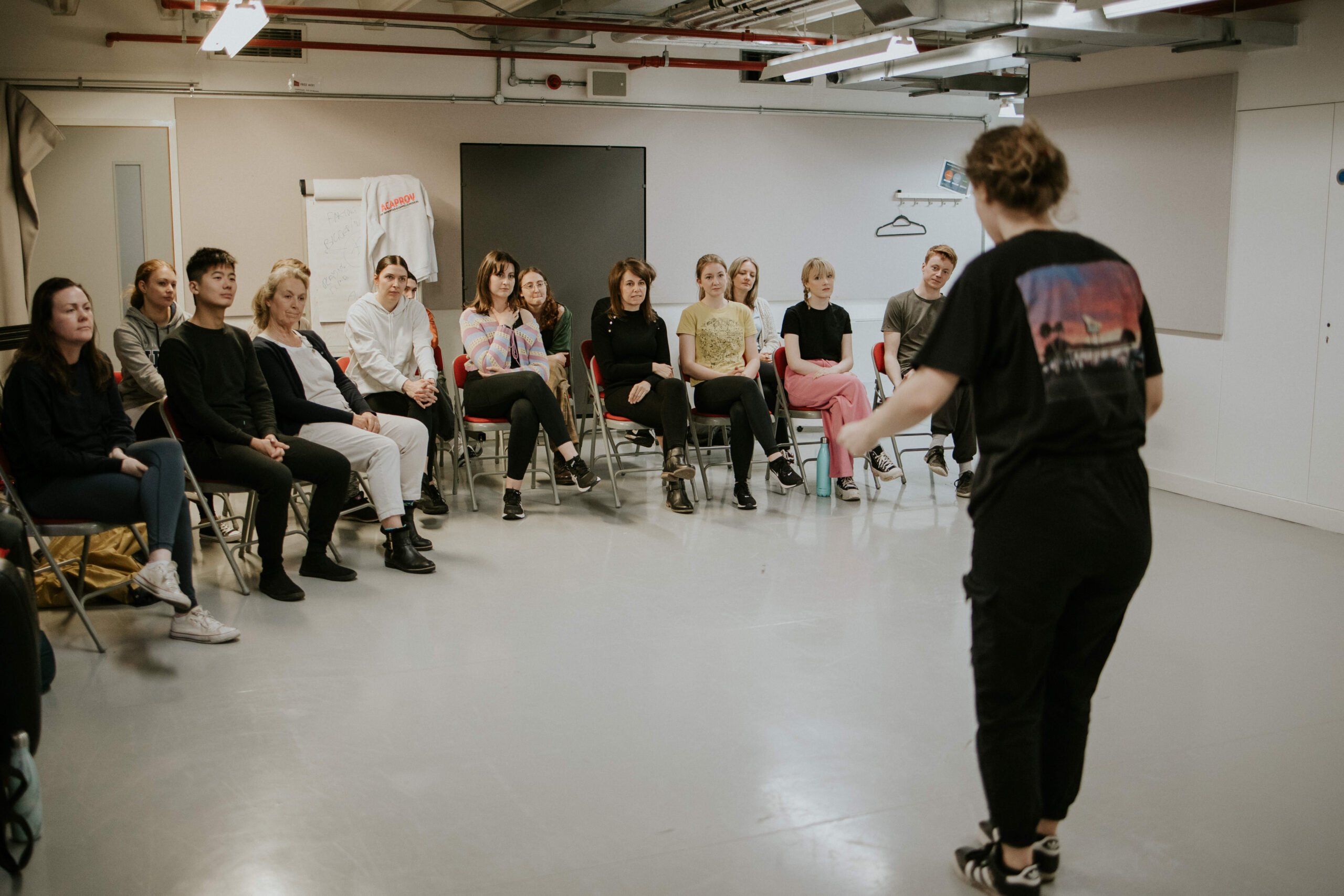Spotlight, the BFI and the Casting Society of America collaborated this week to host a discussion on authenticity in casting
On Monday 15th October, Spotlight held an event in conjunction with the British Film Institute and the Casting Society of America entitled, ‘Ain’t Nothing Like the Real Thing: Authenticity in Casting’ to tackle the question of representation and casting, and how these intersect with authenticity. Spotlight’s dedication to facilitating these discussions follows on from this year’s BFI Flare Event on LGBTQ+ casting; this time round, we aimed to look at how minorities are often underrepresented both in terms of characters and actors on screen. In particular, the discussion centred around the key question: If a role is written for a particular ethnicity, sexual identity, gender or disability, how far should a film production go to find an actor whose ethnicity, sexual identity, gender or disability corresponds with that character’s traits? If it is now considered offensive for white actors to portray non-white roles, why is it acceptable for able-bodied actors to play disabled characters?
I believe that the role should go to the best actor, but it all comes down to how hard are you looking for the best actor?
The panel included Luci Lenox, Casting Director and the current Head of The European Branch of the Casting Society of America Committee for Inclusion and Diversity; Femi Oguns, Founder of the Identity School of Acting and Identity Agency Group; Neena Shea, Creative Diversity Project Coordinator at the National Theatre and representative of ProFile, the UK’s first free online video casting database for D/deaf and disabled performers; Rakie Ayola, actor (Been So Long, Dredd, Sahara); Jake Graf, award-winning director, writer and actor (Colette, The Danish Girl); Adam Pearson, award-winning campaigner, actor and presenter (Chained for Life, Under the Skin); and Giovanni Bienne, actor and Chair of Equity LGBT+ Committee.
The panel discussed how star power for leading roles still remains the biggest influence on casting decisions, also affecting the possibility of stories ever hitting our screens – even if star performers don’t fit the backgrounds or characteristics of characters, their inclusion is often enough to get a project made. Several panellists emphasised the importance of getting more inclusive stories on screen, for starters, ensuring that stories that are different get told. Jake expressed regret that without Scarlett Johansson, ‘Rub & Tug’ may not get made. “I write and direct, and I would never give a trans role to a cisgender actor… but I’m not working with a budget of £15 million…Trans actors really are [out there]…we turn up to the same auditions. [But] there isn’t this huge pool of trans actors…”
People shouldn’t be pigeon-holed into what is their main identifying characteristic. But when you have a character with protected characteristics… we should do our best to cast authentically – I think of it as representative casting rather than authentic casting, making sure that there are enough roles for everyone.
This could change with greater representation on screen, however, and the panel agreed that opportunities for actual members of minority communities to become household names is vital. “If we want name-brand actors who are trans… how are we going to get them if they don’t have the opportunities?” Adam suggested. “It’s important that we differentiate between equality of opportunity and equality of outcome.” It comes down to a careful balancing act, with several panellists talking about experiences where a star lead was cast, but members of the community whose experiences made up the central plot arc were often still cast in supporting roles (e.g. trans actors played supporting roles in The Danish Girl, even though Eddie Redmayne was cast in the lead). This allows casting to include those communities, and give them the opportunity to become household names while gaining experience.
The panel also discussed ProFile, a collaboration between Spotlight and the National Theatre to aid disabled actors to get seen for roles: “[It’s] a database for actors who identify as D/deaf or disabled. It’s a free service… a lot of my colleagues didn’t know where to find disabled actors… ProFile is the perfect way to [work with] casting directors.” So far, the results are very promising. “It’s been really successful… people from Netflix, the West End, have been using it.”
I see myself presented, I see my story being told, by someone I identify with.
On a practical level, Giovanni addressed casting directors, saying they should not be afraid to word their breakdowns to encourage those who are ‘authentic’ to apply: ‘If a particular job… requires certain characteristics that are essential to the role, you are allowed to [ask for] those characteristics. That’s not illegal.” He also added, “I’m sure you’ve all heard the ‘but actors should be able to play anything’ argument… Most actors, I don’t begrudge them a job. But this only works if we had a level playing field, which we don’t.”
The importance of more stories, representing a greater diversity of experience, was key in the discussion; an emphasis was placed on diversity at all levels of a production, from the writing room through to the actors on screen. Spotlight looks forward to hosting more of these discussions in future.












